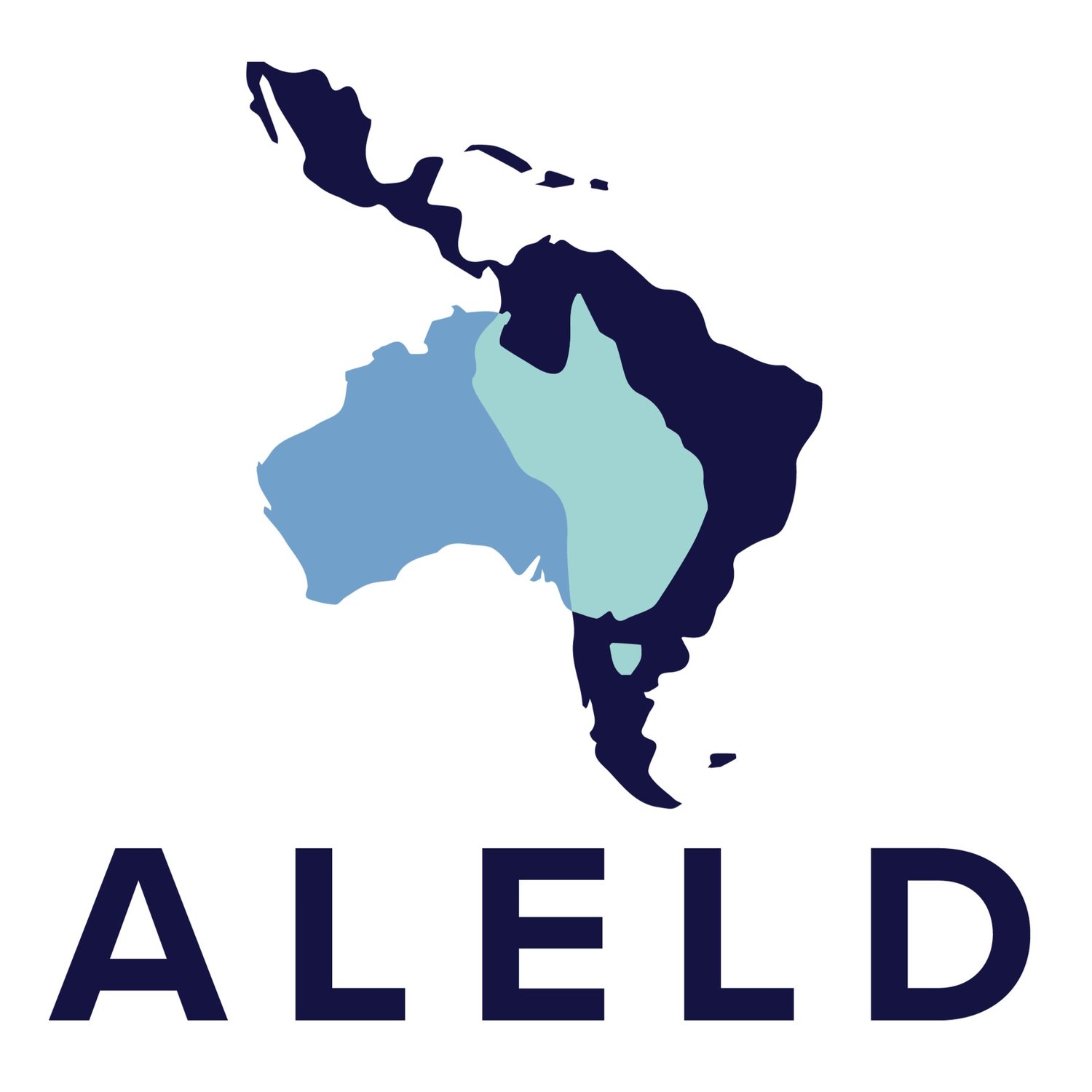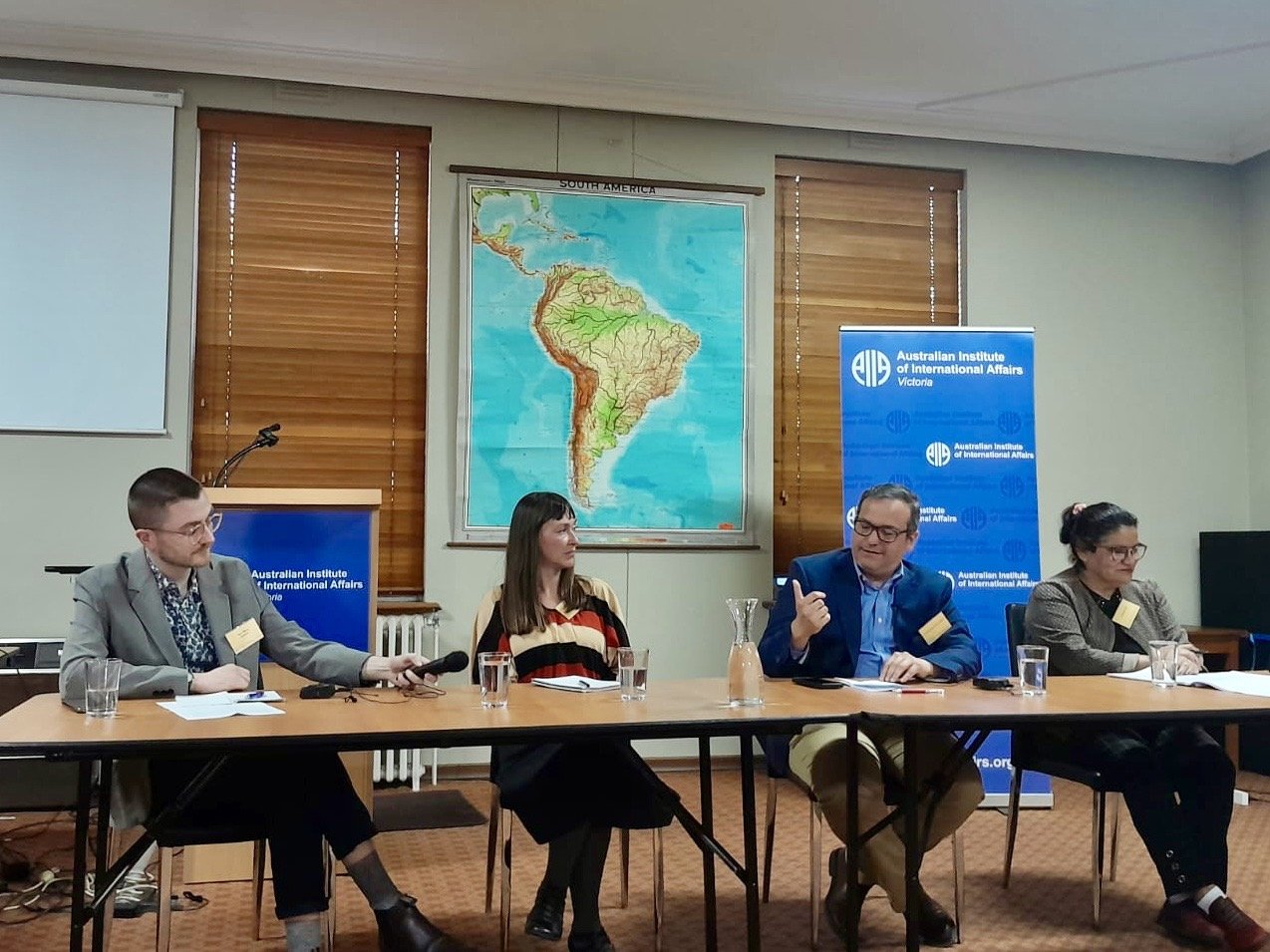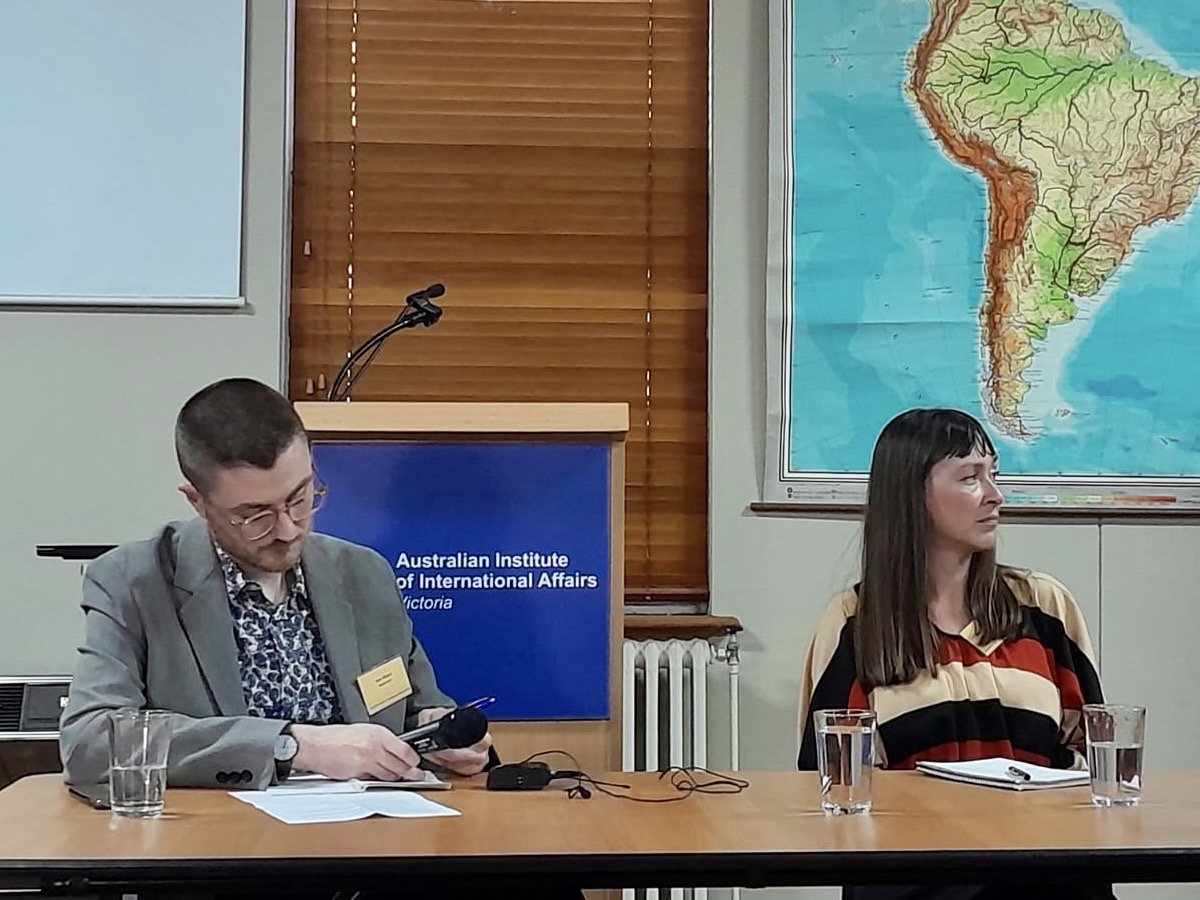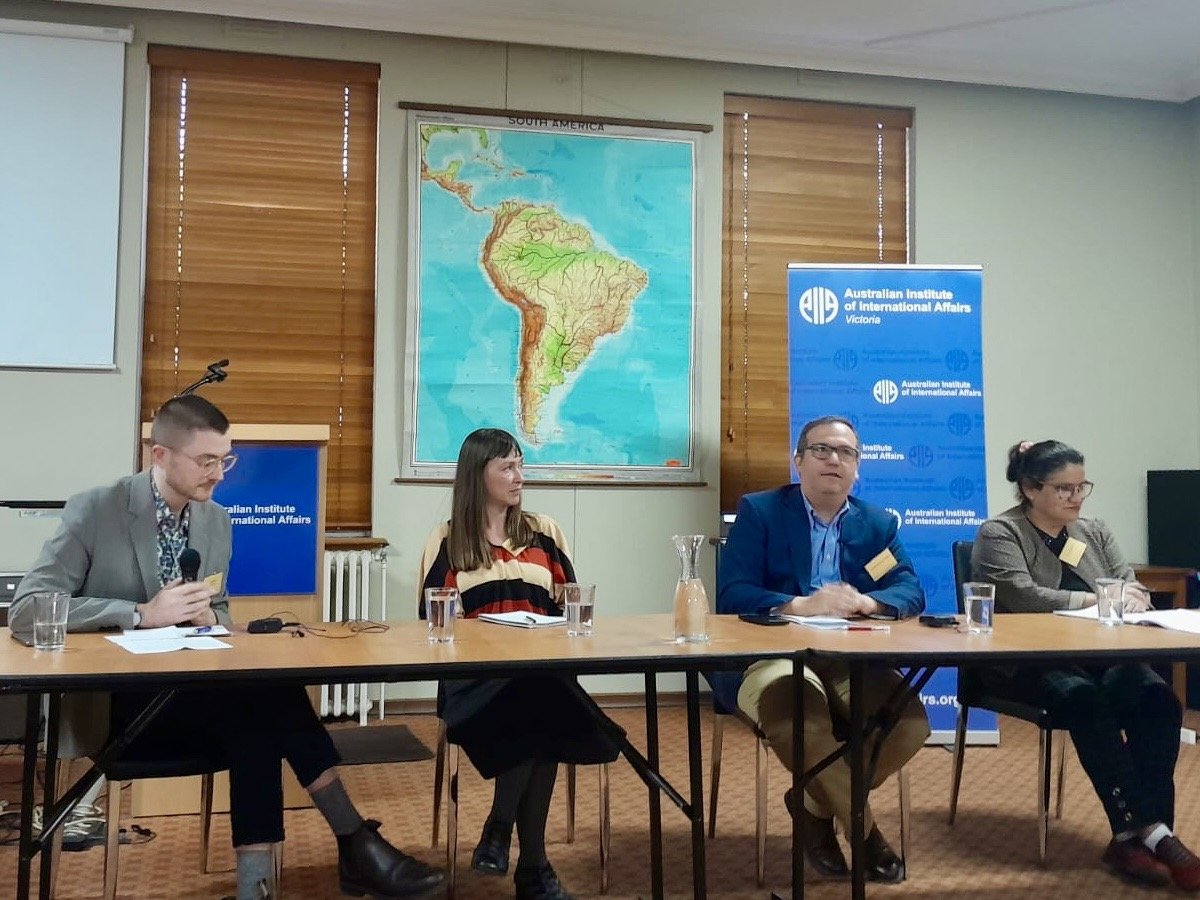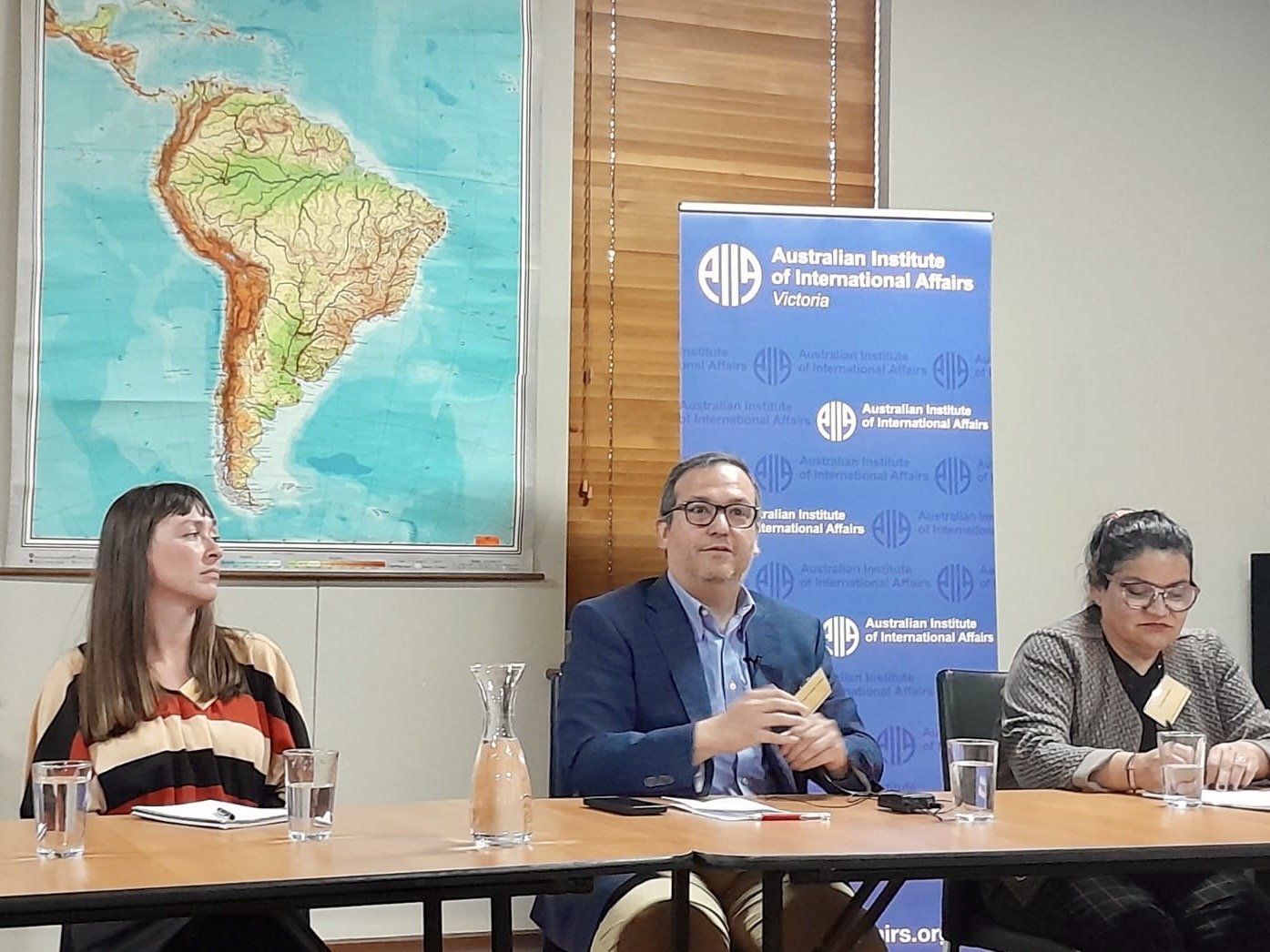Australian institute of international affairs VIC / ALELD event, October 2023
Constitutional Recognition of Indigenous Peoples in Latin America
Indigenous peoples represent more than 8.5 percent of the total population of Latin America. The constitutional recognition of Indigenous peoples in Latin America has been an ongoing process that has evolved over the years.
Whilst the specific provisions and approaches vary from country to country, many nations in the region have made efforts to recognise and protect the rights and cultural identities of their Indigenous populations. Several have adopted constitutional reforms that grant recognition to Indigenous groups in areas such as culture, territory and political autonomy. Provisions related to land rights, language preservation, and participation in decision-making processes have been enshrined to ensure that Indigenous peoples have a voice.
In October 2023, in collaboration with the Australian Institute of International Affairs Victoria, ALELD hosted a panel discussion on Constitutional Recognition of Indigenous Peoples in Latin America.
Our panel consisted of three esteemed experts:
Dr Carol Hullin
Dr Carol Hullin is a First Nations Aymara woman from the northern region of Chile. She arrived in Australia in 1991, and now as a global citizen works in Management and Governance for Digital Environment. She is Data Governance Manager at the Justice System in Victoria, and a United Nations Consultant working at CARICOM. Her academic journey includes: Cybersecurity Specialist at RMIT University (2023); Master of Law from Pontificia Universidad Catolica de Chile LLM UC (2019); Post Doc. in Artificial Intelligence from CQU (2006); PhD in Health Informatics from the University of Melbourne Faculty of Medicine (2005), Bachelor of Quality Management & Safety (Honours) from RMIT University; Bachelor of Nursing (Mental Health).
Dr Mirella C Gavidia
Dr Gavidia is a Brazilian academic with a background in Law and Anthropology. She has been involved in numerous social and environmental projects in the Brazilian Amazon region since 2006, including her Doctoral degree from the University of Queensland. In Australia, Mirella teaches courses on Indigenous affairs, environment, and international development at the School of Global, Urban, and Social Studies at RMIT University. She is also a member of the national committee of the Australian Food Sovereignty Alliance. Mirella lives on a farm in Djaara Country with her partner and 2 children, where they grow food, raise animals, and apply agroecological principles on how they live.
Dr Raul Sanchez Urribarri
Dr Raul Sanchez Urribarri is a Senior Lecturer in Legal Studies, and Associate Dean (Academic and International Partnerships) at the School of Humanities and Social Sciences, La Trobe University. He has a Ph.D. in Political Science from the University of South Carolina, an LL.M. from Cambridge University, and a Law degree from Universidad Católica (Venezuela). His research focuses on the intersection between law and politics in comparative perspective, with an emphasis on Latin America and Venezuela in particular. He has published in The Journal of Politics, Law and Social Inquiry, International Political Science Review, Global Constitutionalism, the Annual Review of Law and Social Sciences and edited collections, among other outlets. He is the co-editor of Judicial Activism in Comparative Perspective (with Lori Hausegger, Peter Lang, forthcoming 2023). He is the Director of the Philippines-Australia Forum (PAF) at La Trobe; co-editor at Thesis Eleven Journal (SAGE), and past Chair of the Section on Venezuelan Studies, Latin American Studies Association (LASA).
